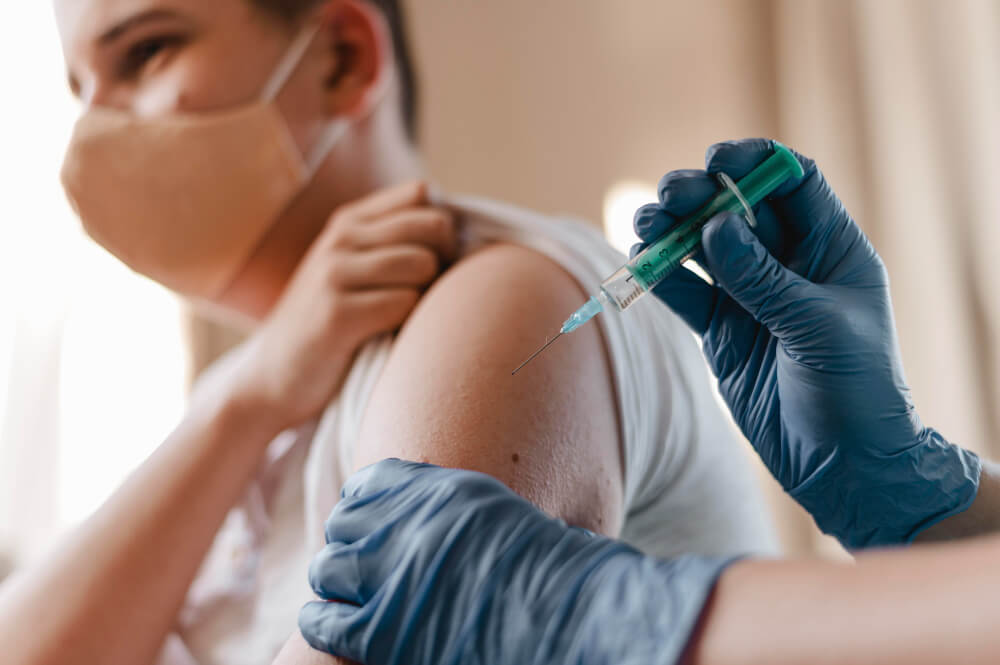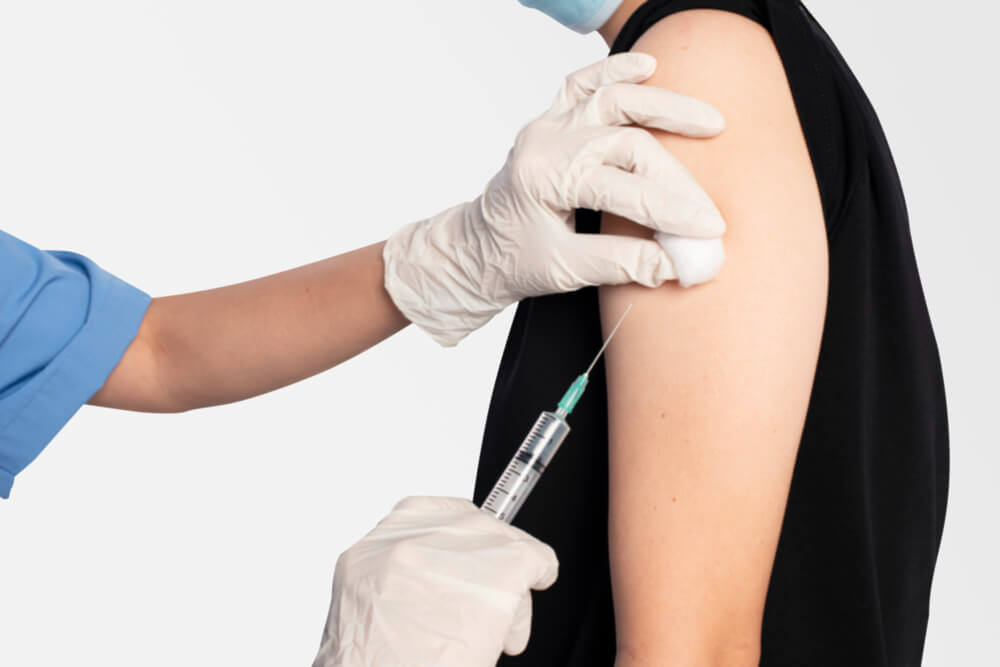Vaccination: Your Preventive Care
Vaccination is a preventive healthcare strategy that involves administering vaccines to stimulate the body’s immune system. Vaccines contain weakened or inactivated forms of a disease-causing agent, prompting the immune system to produce antibodies that can fight off the infection if exposed in the future.
The Science Behind Vaccination
Vaccines work by mimicking a natural infection. When a vaccine is administered, the body’s immune system recognizes the foreign substance and produces antibodies. These antibodies remain in the body, providing long-lasting immunity against the specific disease.
Types of Vaccines
There are several types of vaccines, including:
- Live attenuated vaccines: These vaccines contain weakened live viruses or bacteria that can replicate but cause a mild or no illness.
- Inactivated vaccines: These vaccines contain killed viruses or bacteria that cannot replicate but still trigger an immune response.
- Toxoid vaccines: These vaccines contain toxins produced by bacteria, which have been inactivated to stimulate an immune response.
- Subunit, recombinant, polysaccharide, and conjugate vaccines: These vaccines contain specific components of a pathogen, such as proteins or sugars.
The Importance of Vaccination
Vaccination is essential for preventing the spread of infectious diseases and protecting public health. By vaccinating a significant portion of the population, herd immunity can be achieved, which helps to protect vulnerable individuals who cannot be vaccinated, such as infants, the elderly, and immunocompromised individuals.
Preventing Outbreaks
Vaccination plays a crucial role in preventing outbreaks of infectious diseases. By reducing the number of susceptible individuals, vaccines can help to control the spread of diseases and protect public health.
Reducing Morbidity and Mortality
Vaccines have significantly reduced the incidence and severity of many infectious diseases, saving millions of lives each year.
Common Vaccine-Preventable Diseases

Some of the most common vaccine-preventable diseases include:
- Measles: A highly contagious viral infection that can lead to serious complications.
- Mumps: A viral infection that can cause swelling of the salivary glands and other complications.
- Rubella: A viral infection that can cause birth defects if contracted during pregnancy.
- Polio: A viral infection that can cause paralysis.
- Diphtheria: A bacterial infection that can lead to respiratory problems and heart failure.
- Tetanus: A bacterial infection that can cause muscle spasms and paralysis.
- Pertussis (whooping cough): A highly contagious bacterial infection that can cause severe coughing fits.
- Influenza: A viral infection that can cause respiratory illness.
- Human papillomavirus (HPV): A virus that can cause cervical cancer and other cancers.
- COVID-19: A viral infection that can cause respiratory illness and other serious health problems.
Vaccine Safety and Misconceptions
Vaccines are rigorously tested for safety and efficacy before they are licensed for use. While some people may experience mild side effects, such as soreness at the injection site or a low-grade fever, serious side effects are rare.
Common Vaccine Myths
- Vaccines cause autism: There is no scientific evidence to support this claim.
- Vaccines weaken the immune system: Vaccines actually strengthen the immune system.
- Natural immunity is better than vaccine-induced immunity: Natural immunity can be unpredictable and may not provide long-lasting protection.
The Role of Healthcare Providers
Healthcare providers play a crucial role in promoting vaccination. They can:
- Educate patients: Provide accurate information about the benefits and risks of vaccination.
- Administer vaccines: Ensure that vaccines are administered correctly and safely.
- Monitor vaccine safety: Report adverse events to health authorities and track vaccine effectiveness.
- Address vaccine hesitancy: Address concerns and misconceptions about vaccines.
Conclusion
Vaccination is a powerful tool for preventing infectious diseases and protecting public health. By getting vaccinated, you are not only protecting yourself but also contributing to the health of your community. It is essential to consult with a healthcare provider to develop a personalized vaccination schedule that meets your individual needs.
Schedule an appointment with our Vaccination services for preventive care (469) 200-5974 or visit us https://scclittleelm.com/

